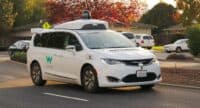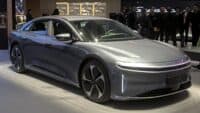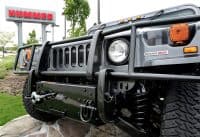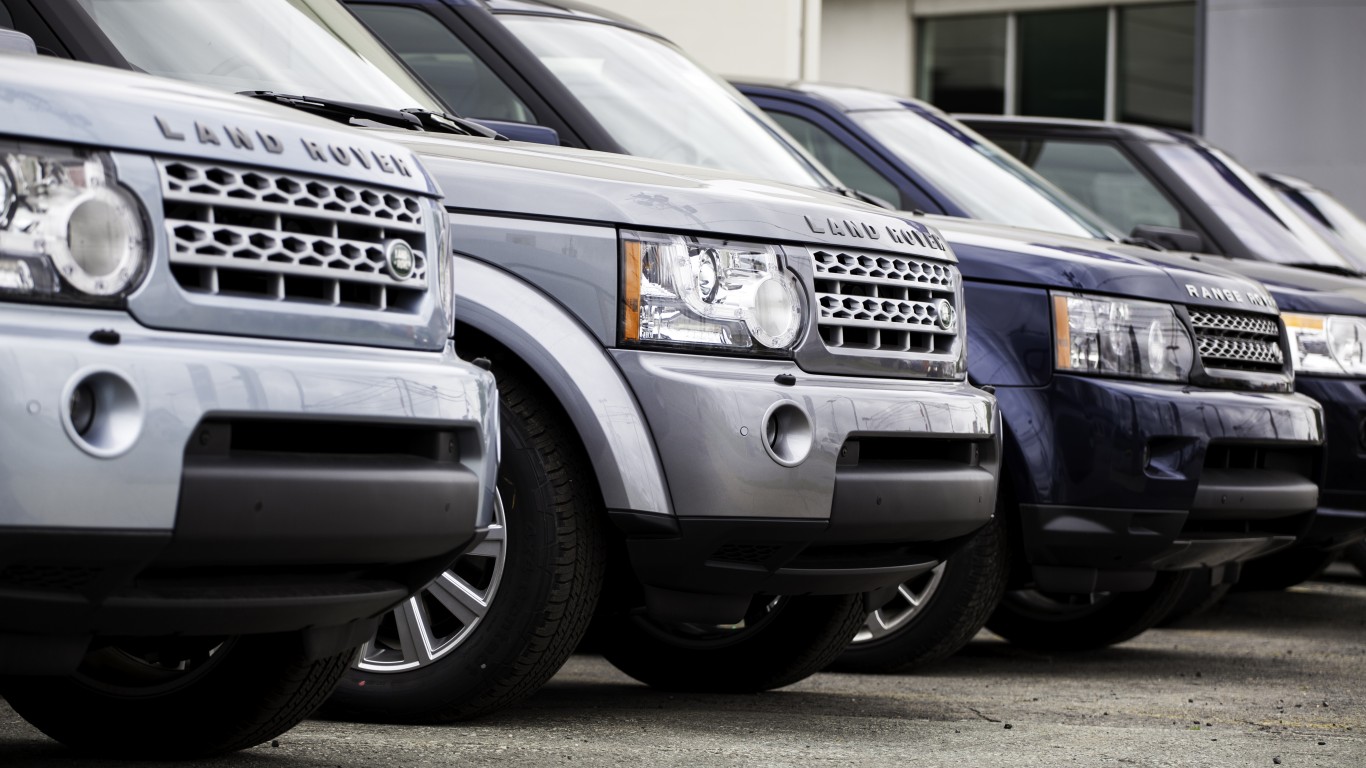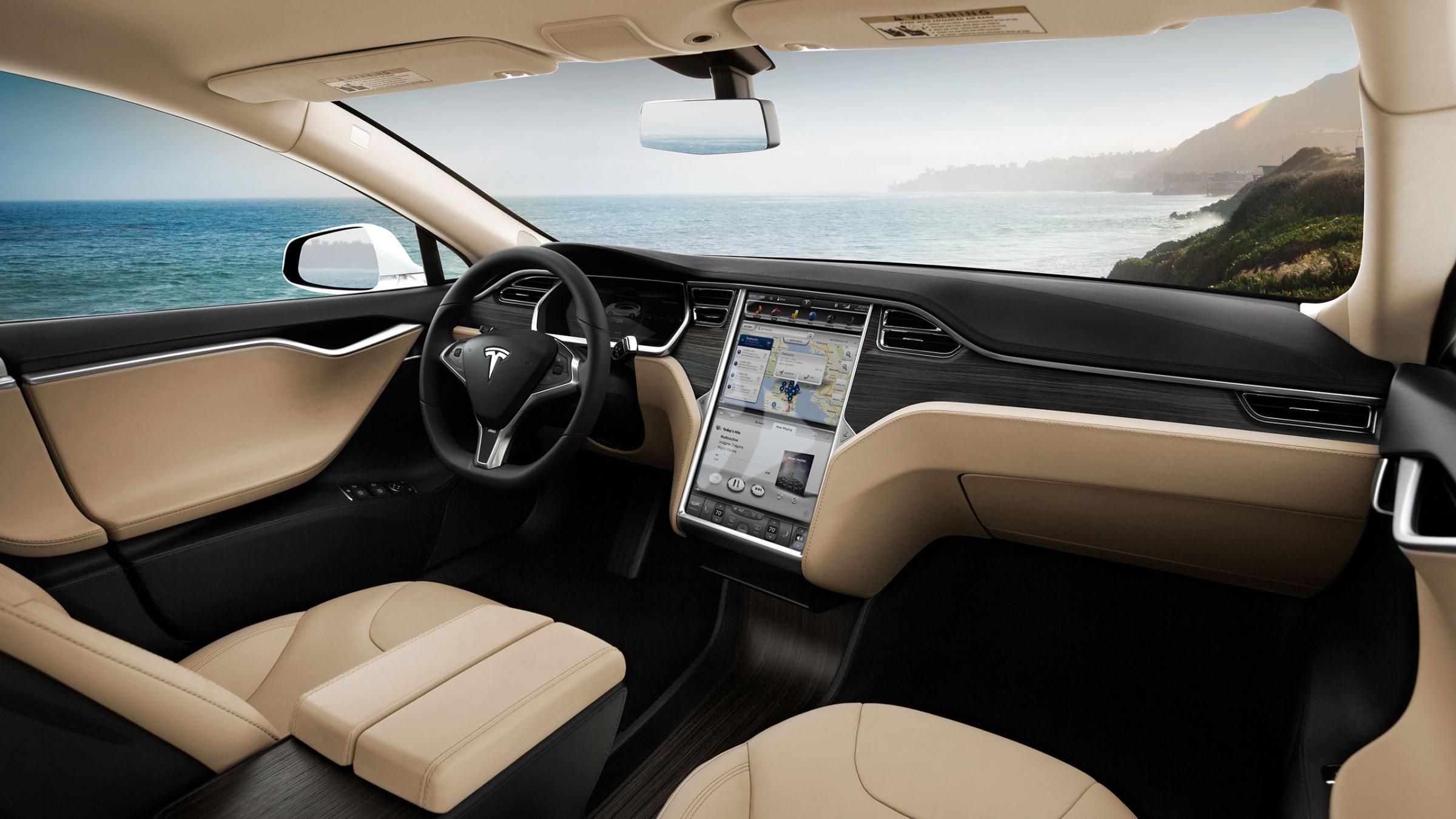
Tesla Inc. (NASDAQ: TSLA) on Friday announced that it would be pushing out an update to owners’ vehicles equipped with the company’s Autopilot software. The update, called Version 9.0, will be installed on every vehicle Tesla has built.
In a blog post, the company detailed the new features that will be available and one that will not. A working version of Tesla’s “Navigate on Autopilot” feature is not included in the Version 9.0 software. This active guidance feature “guides a car from a highway’s on-ramp to off-ramp, including suggesting lane changes, navigating highway interchanges and taking exits,” under active supervision by the driver.
The company said that a “shadow” version of the feature is included in the Version 9.0 update. This is a logging-only mode that Tesla said it will use to gather data from miles driven to validate the performance of the feature. Left open is when the feature will go live in the United States and in other markets where it needs to receive regulatory approval.
Earlier this week, Consumer Reports magazine ranked Tesla’s Autopilot as Average on the editors’ five-point scale, trailing Cadillac’s Super Cruise automated driving technology. Autopilot received Consumer Reports’ lowest score (Worse) for failing to keep drivers engaged, that is, keeping their hands on the steering wheel and paying attention to the traffic around them.
The company itself reported third-quarter crash data in a blog post Thursday. According to data collected from all its cars, Tesla vehicles were involved in one accident or “crash-like” event for every 3.34 million miles driven by Tesla owners with Autopilot engaged. A crash-like event, as defined by Tesla, includes near misses as well as actual crashes.
For crash-like events involving the company’s cars when Autopilot was not engaged, Tesla reported one incident for every 1.92 million miles driven. Tesla cites National Highway Traffic Safety Administration (NHTSA) data indicating a national average of one crash (near misses are not included) for every 492,000 miles driven.
For the record, U.S. drivers logged 288.1 billion miles of travel in July alone, according to the NHTSA, and the agency estimates that total travel for the year will total about 1.87 trillion miles.
Tesla does build extremely safe vehicles. All three Tesla vehicles, the Model S, Model X and Model 3, have received the NHTSA’s highest crash-test safety ratings. The company’s Autopilot system also may be making a difference in highway safety, but it’s too early to tell and the data is too scant. The first quarterly report contains just two unique data points wrapped up in nearly 700 words that mostly describe further promises.
CEO Elon Musk may well be correct in his statements about the potential for automated (and ultimately totally autonomous) to make highways safer. But that time remains further in the future than Tesla may want to admit.
Tesla stock dropped more than 15% last week, primarily due to a continuing ruckus between Musk and the U.S. Securities and Exchange Commission. Shares closed Friday at $261.95, down more than 7% for the day, in a 52-week range of $244.59 to $387.46. The consensus price target on the stock is $309.27.
Thank you for reading! Have some feedback for us?
Contact the 24/7 Wall St. editorial team.
